Flipping Summer Reading:
Students Decide, Teachers Listen
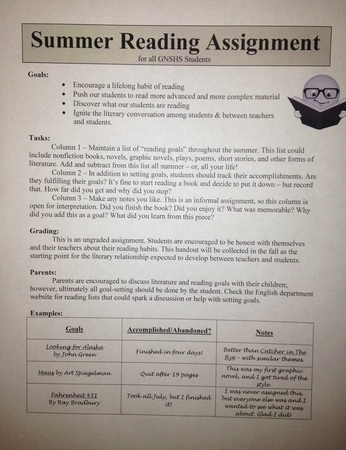 Click to download!
Click to download! Instead of demanding that students read a classic (or two) while preparing for September's in-class essay, we are simply encouraging our students to read throughout the summer and to record what they've accomplished.
By inverting the old way into something new and radical, we are really flipping the classroom -- no at-home videos needed!
The students will choose their own reading and decide how to respond to it. There is no double-entry journal, no mandatory essay, no disincentive to get in the way of students' relationships with their books. We are trying to develop a love of reading by backing off and creating space.
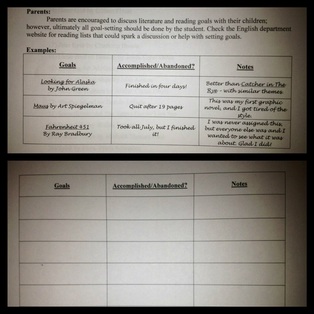
We are giving our pupils room to make their own decisions. By simply encouraging them and helping them "set goals & deadlines" we have placed ourselves in the positions of literary coaches rather than assignment taskmasters.
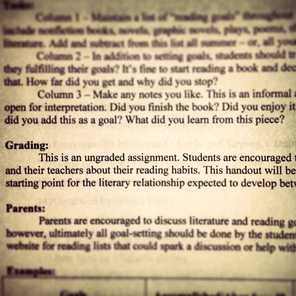
Plus, it gives us time to teach our writing lessons and demonstrate the level of discourse expected in our classes before we administer the first assessments.
Stated Goals of Assignment:
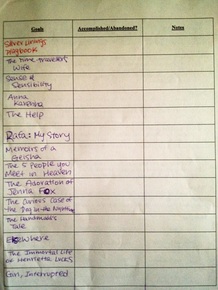
- Encourage a lifelong habit of reading.
- Push our students to read more advanced and more complex material.
- Discover what our students are reading.
- Ignite the literary conversation among students & between teachers and students.
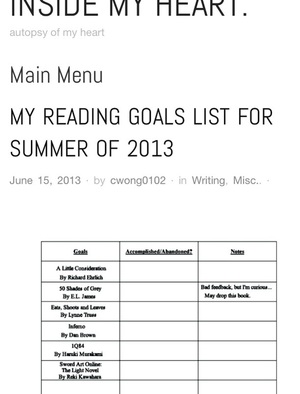 A student's website: summer-reading goals.
A student's website: summer-reading goals. Of course I love it -- I designed it:)!
I've always been concerned with how reading assignments can provoke students into hating reading. Why should Summer Reading -- of all assignments! -- continue to teach our students that READING means dragging yourself through a book you don't find appealing, don't want to start, and might never actually read anyway?
Many of my colleagues in the English Department feel similarly, and they responded positively when I showed them my concept for a new assignment.
We are abandoning an old trope: the September essay on summer reading. In its place we hope to develop a lifelong habit of reading what interests YOU!
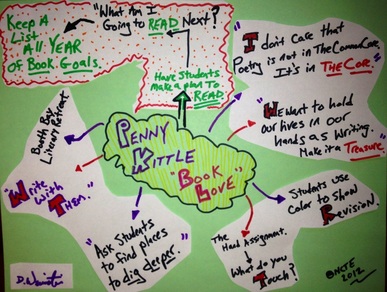
Goal-setting is such a simple and effective technique, and yet it is easily and often overlooked.
If you want to check out more by the fabulous Penny Kittle, click here.
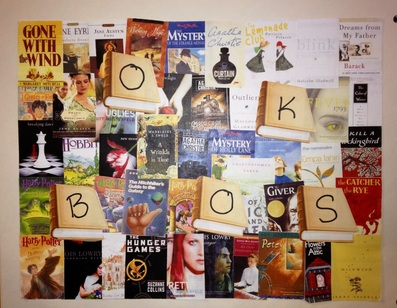
Many of us saw students engage in passionate and enthusiastic conversation about the literature they have read or hope to read.
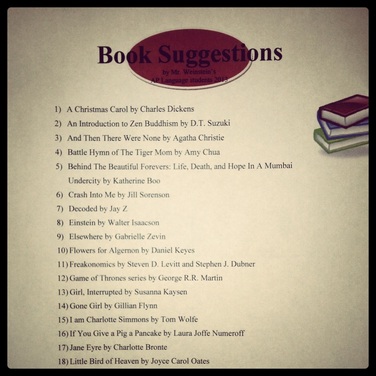
After ten minutes of brainstorming, we did a whip around the room. During the whip each student had to suggest a book to the class.
I typed up this list on screen in real-time as they explained their suggestions.
It was so much fun! And it was an inspirational, informational, student-centered lesson about reading.
If I hadn't been with my AP class, I would have given more support to my students. Example: A period in the "book museum" having our excellent librarians lead them through a showcase of new literature to choose. Librarians are so good at getting kids excited to read -- I love to collaborate with them.
We did set up support on the English Department website: links, lists, etc. have been posted here.
What about the Common Core?
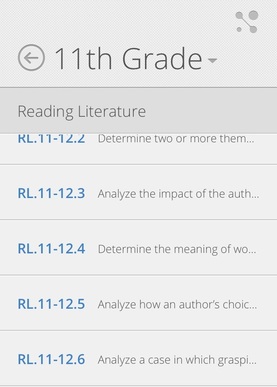
The photo to the left is a slice of the CC Requirements in Reading Literature: it's all about "analyzing" and "determining."
First, kids have to determine what they want to read! They need room to do their own analyses.
The only teaching needed in July and August is to encourage young minds to explore on their own. There will be plenty of time during the school year to teach them the proper writing skills in order to explain what they've "determined" about literature and how to "analyze" it.
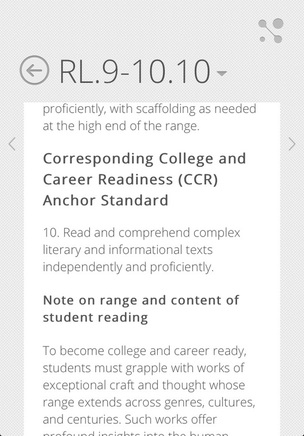
Notice standard 10.10 to the right: "blah blah ... INDEPENDENTLY and blah blah..."
The CCR wants students to "grapple with works of exceptional craft ..." while being led up a "staircase of complexity."
How can that staircase begin with a high-level text mandated over the summer WITHOUT the support of a teacher or a classroom environment?
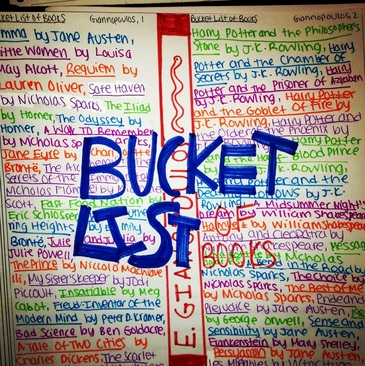
Will some students not read over the summer? Sure! And how is that any different from past practices and results?
As my colleague Mr. Graham likes to say: "Summer reading ... Summer not!" With our new assignment, we have our best chance to light the literary fire even beneath our most difficult pupils.
*****
P.S. Our AP and Honors classes must complete the traditional reading/writing task about a classic ... AND this assignment.
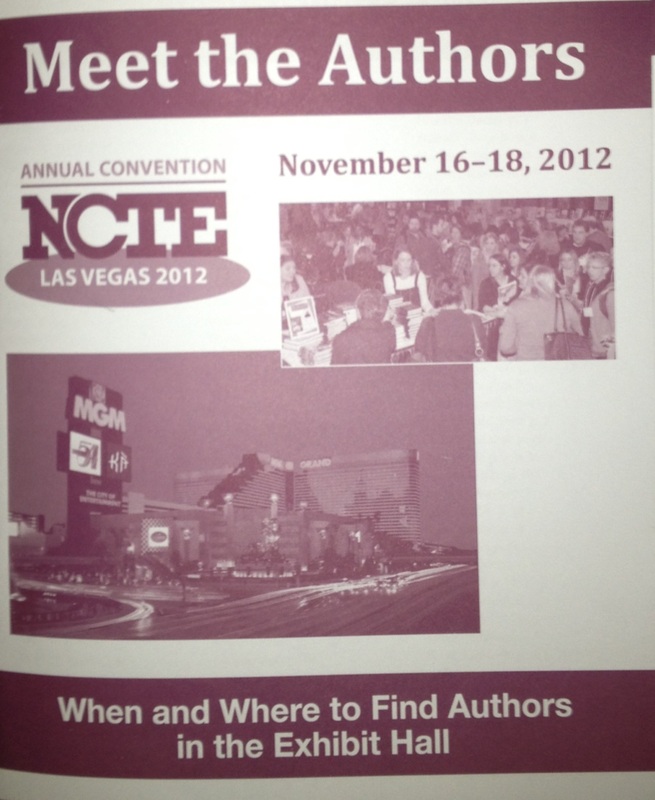
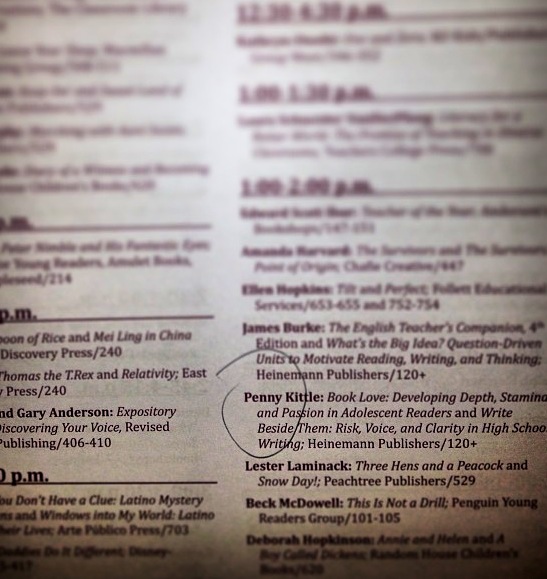
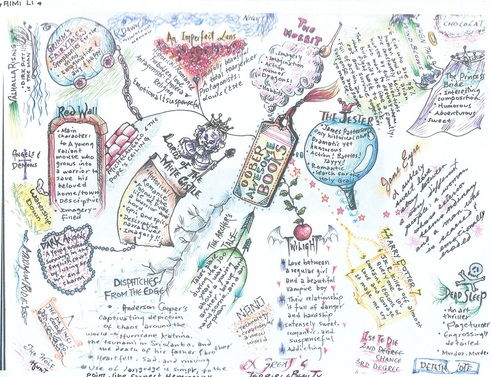
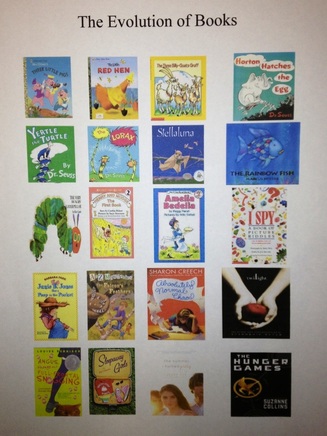
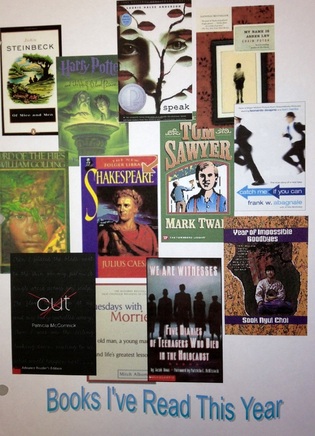
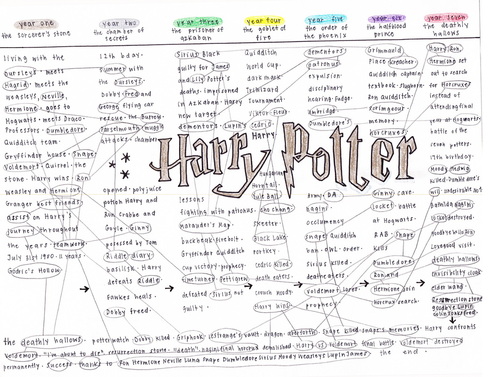
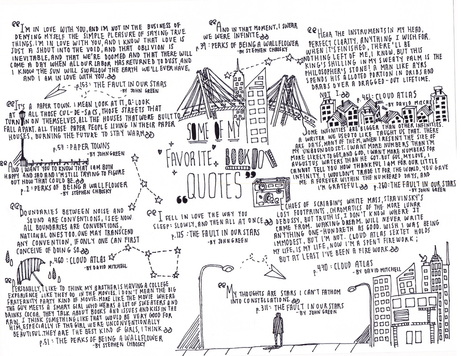
 RSS Feed
RSS Feed